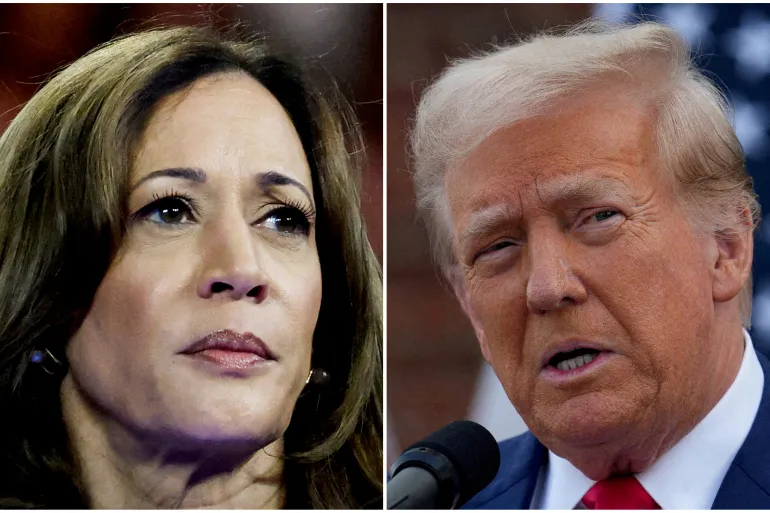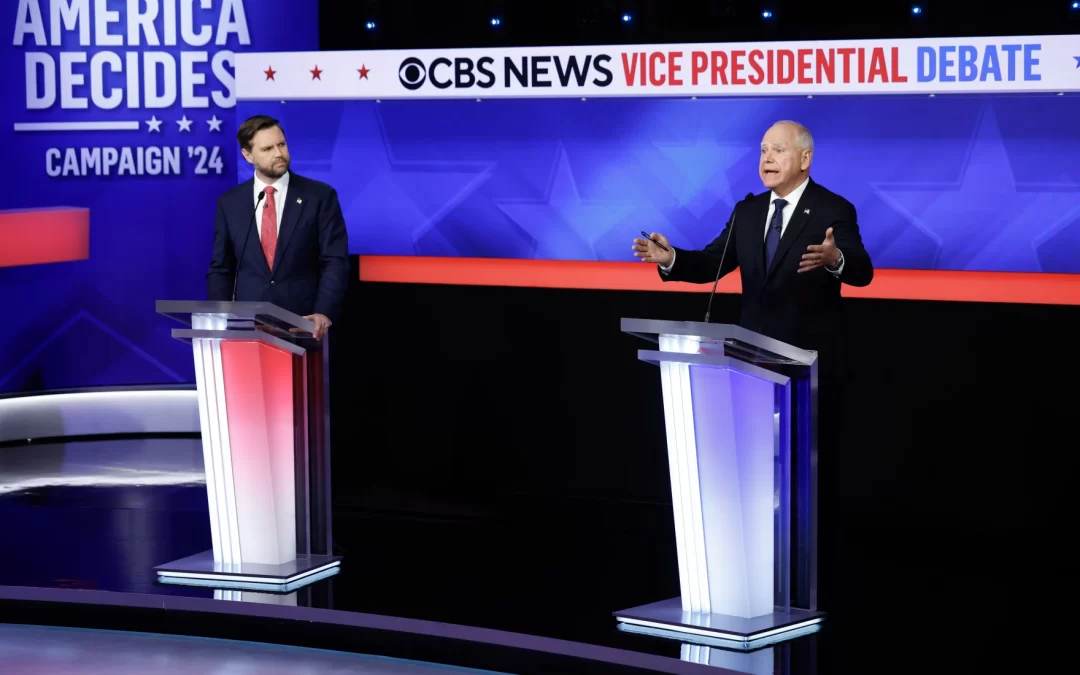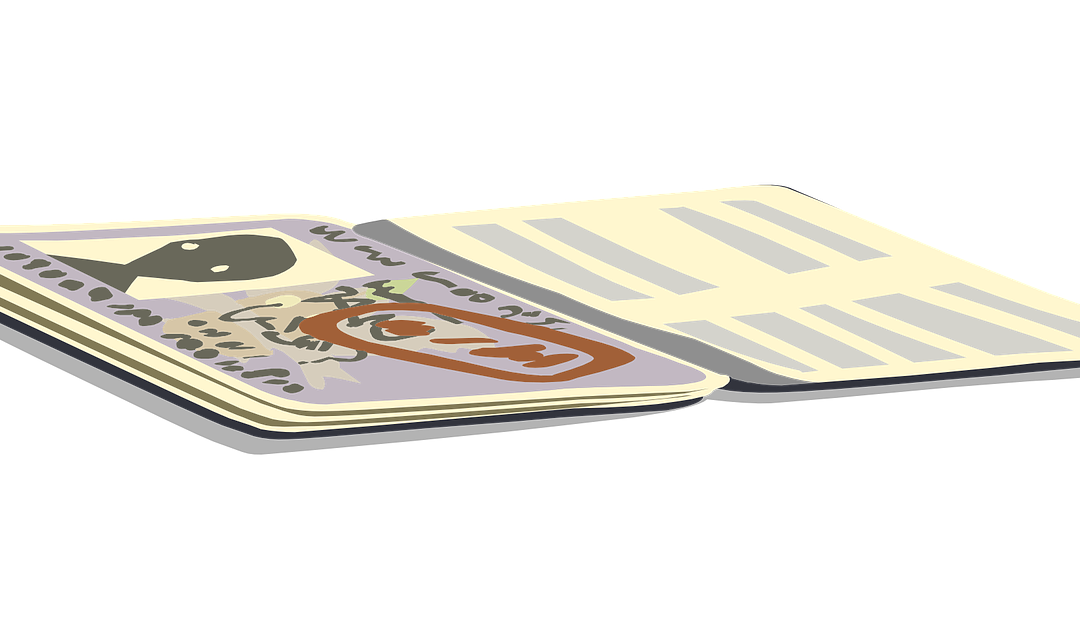
O Canada!
O Canada!
O Canada!
O Canada!
Land of the just warriors
A crown on your head, with leaf of red and gold
From coast to coast, with sweet song
Your renown we are praising
Under the protection of your shield
Is bright freedom
Our enemies will not pull us apart
O Canada!
The hope of our hearts
Happiness, peace and the grace of God for our land,
Happiness, peace and the grace of God for our land.
Canadian Election 2025
Canada has reacted strongly to the hostile stance taken by Donald Trump and his administration. The reaction was clearly reflected in the dramatic results of their federal election on April 28, 2025. Just three and a half months ago, the Liberals were 25 percentage points behind the Conservatives in popular opinion polls. After nearly 10 years in power and under the increasingly unpopular leadership of Prime Minister Justin Trudeau, it seemed the Conservatives were ready to deal them a fatal blow.
Then Donald Trump returned to the White House and very quickly, everything changed.
Trump imposed 25% tariffs on Canadian imports, citing concerns about immigration and drug trafficking. These measures threatened key sectors, including steel, aluminum, and the auto industry, and posed the risk of a recession, with projections of a 2.5% decline in gross domestic product (GDP) and job losses for about 150,000 workers by early 2026.
To add insult to injury, Trump has repeatedly suggested that Canada would be better off as America’s 51st state.
Last week (as I write this) he said: “if it weren’t for us (the United States) there would be no Canada, indeed (it wouldn’t exist) as a country.”
Suddenly, Canadians realized that the strong, long-standing relationship between them and the Americans had been broken. It was hard to believe, as the Canadians had long been friendly neighbors, who had gone out of their way to help the Americans. They went to war with them, gave them sanctuary when necessary (in the Iran hostage crisis of 1980, for example), and they have cooperated frequently and with little disagreement between them – until now. Trump began threatening them without any basis when he was elected president.
“Up until then, the Conservatives, led by Pierre Poilievre, were on track to win the largest majority in government in Canadian history, but it all fell apart in three, four months,” said Kory Teneycke, a leading Conservative strategist.
Carney’s campaign emphasized economic stability and resistance to US interference, which resonated strongly with voters who were concerned about Canadian leadership. Conversely, public support for Poilievre, whose rhetoric matched Trump’s, and who did not address Trump’s threats to Canada, waned. In addition, a large share of supporters of other parties shifted their support to the Liberals – mainly the New Democrats and the Bloc Quebecois.
Trump meddles in Canadian affairs
Trump made things worse on election day, when he posted on social media, on Truthsocial.com, suggesting that Canadians might vote for Trump himself, which is not allowed, as he is not on the ballot. Here is what he wrote:
“Good luck to the Great people of Canada. Elect the man who has the strength and wisdom to cut your taxes in half, to increase your military power, for free, to the highest level in the world, have your car, steel, aluminum, lumber, energy, and all other businesses, QUADRUPLE IN SIZE, WITH ZERO TARIFFS OR TAXES, if Canada becomes the cherished 51st. State of the United States of America. No more artificial lines from many years ago. Look how beautiful this great land would be. Free access with NO BORDER. ALL POSITIVES AND NO NEGATIVES. IT WAS MEANT TO BE! America can no longer subsidize Canada with the Hundreds of Billions of dollars a year that we have been spending in the past. It makes no sense, unless Canada is a State!”
Trump received this response from Pierre Poilievre: “President Trump, stay out of our election. Only Canadians will decide the future of Canada at the ballot box. Canada will always be proud, sovereign and independent and we will never be the 51st state. Today, Canadians can vote for change so that we can strengthen our country, stand on our own two feet and stand up to America from a position of strength.”
Tar éis do Mark Carney an bhuachan a bhaint amach mar phríomh-aire, d’athdhearbhaigh sé a sheasamh maidir leis na Stáit Aontaithe, nuair a dúirt sé: “Mar atá á rá agam anois le míonna anuas, tá fonn ag na Stáit Aontaithe ár dtalamh, ár n-acmhainní, ár n-uisce agus ár dtír a ghabháil,” a dúirt Carney lena lucht tacaíochta. “Ní maíomh na mogail folamh é seo. Tá an tUachtarán Trump ag iarraidh sinn a bhriseadh ionas gur féidir le Meiriceá seilbh a ghlacadh orainn. Ní tharlóidh sé sin choíche… choíche.”
Conclusion
There is no excuse for Trump’s outrageous behavior. He should not threaten Canada, and he should not interfere in its election either. The 2025 Canadian election demonstrates the profound influence of international politics on domestic affairs. Canadian voters were angered by Trump’s tariffs and hawkish rhetoric, and they stood shoulder to shoulder against Trump’s threats and strongly for Canada. That is why they put Mark Carney and the Liberals in power – they understood that the Liberals would stand up for them. Mark Carney and his new government will face significant challenges as they chart a new course for the country – a more independent course and a more formal and cooler relationship with the United States. Other countries may well learn from what happened in Canada. The world will never be the same again, and we all need to understand that, and our governments need to act accordingly.








